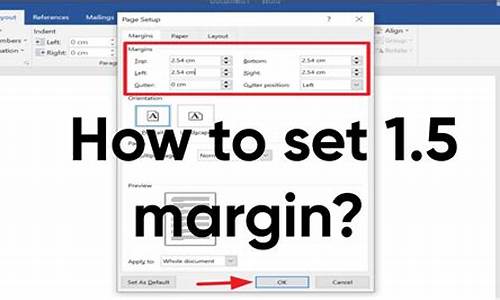How to Establish a Healthy Work-Life Balance
Achieving a healthy work-life balance is essential for both personal well-being and professional success. In today’s fast-paced world, where the boundaries between work and personal life often blur, it can be challenging to strike the right balance. A well-managed work-life balance ensures you can meet the demands of your career while also maintaining time for relaxation, family, and personal growth. This article provides tips and strategies on how to establish and maintain a healthy balance.

Set Clear Boundaries
One of the first steps to achieving work-life balance is setting clear boundaries between work and personal life. Define specific hours during which you will focus on work, and ensure that outside of these hours, you prioritize personal time. Inform your colleagues and clients about your working hours and try to avoid checking work emails or taking calls during off-hours. By establishing clear boundaries, you create a mental space where you can unwind and recharge.
Learn to Prioritize Tasks
Effective prioritization can help you manage both work and personal responsibilities efficiently. Identify tasks that need immediate attention and tackle them first. This way, you can avoid feeling overwhelmed by the number of tasks on your plate. Delegate tasks when possible and focus on completing high-priority work to avoid long hours at the office and reduce stress.

Practice Time Management
Good time management is crucial in maintaining a healthy balance between work and life. Utilize tools such as calendars, to-do lists, and productivity apps to organize your tasks and schedule. Break large projects into smaller, manageable steps, and avoid procrastination. By managing your time well, you will be able to accomplish tasks faster and enjoy more leisure time with family and friends.

Make Time for Yourself

Self-care is an integral part of work-life balance. Make time for activities that bring you joy and relaxation, whether it’s exercising, reading, or pursuing hobbies. Regular physical activity can reduce stress, improve mental clarity, and boost your mood, making it easier to handle work and personal responsibilities effectively.
Communicate with Your Employer
Open communication with your employer can help ensure a healthy work-life balance. If work demands are becoming overwhelming, discuss potential solutions such as flexible working hours, remote work options, or adjusting deadlines. Many employers understand the importance of work-life balance and are willing to accommodate their employees’ needs when it’s communicated effectively.
In conclusion, establishing a healthy work-life balance requires discipline, effective time management, and clear communication. By setting boundaries, prioritizing tasks, and practicing self-care, you can create a life where both personal and professional growth are achievable. Striving for this balance will not only enhance your productivity but also improve your overall well-being.